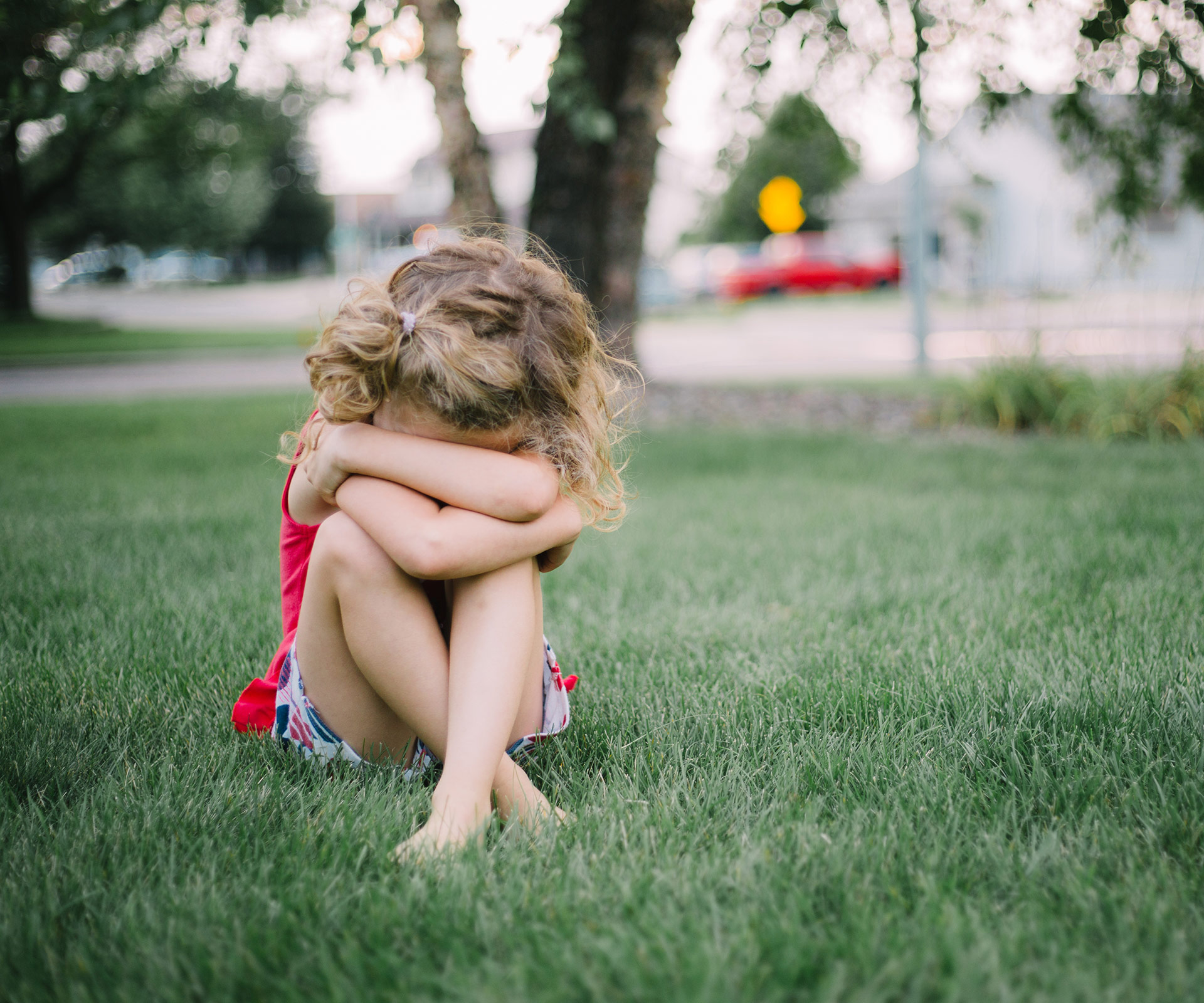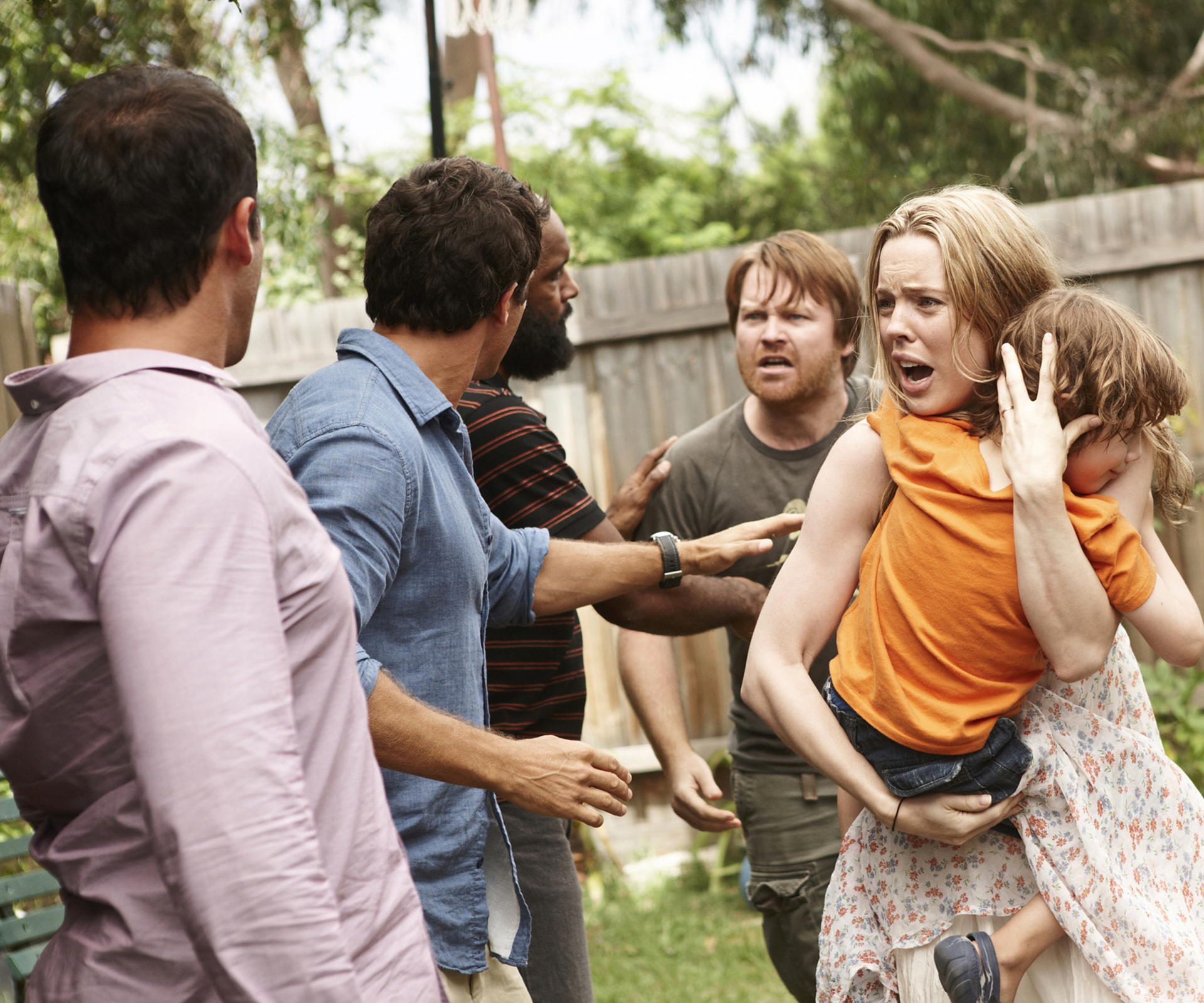Former Prime Minister Tony Abbott once said, “I think all parents know that occasionally the best thing that we can give a kid is a smack”, but according to science, he couldn’t have been more wrong.
A new study from the University of Texas at Austin and the University of Michigan found that physical discipline during infancy can be detrimental to both behaviour and mental health in later years.
To find their answers, researchers studied the data of over 160,000 children over a 50 year period. They discovered that smacking, defined as an open-handed hit on the behind or extremities, led to anti-social behaviours, aggression and mental health issues in adulthood.
“We found that spanking was associated with unintended detrimental outcomes and was not associated with more immediate or long-term compliance, which are parents’ intended outcomes when they discipline their children,” says Elizabeth Gershoff, an associate professor of human development and family sciences at The University of Texas at Austin.
“The upshot of the study is that spanking increases the likelihood of a wide variety of undesired outcomes for children. Spanking thus does the opposite of what parents usually want it to do,” adds study co-author Andrew Grogan-Kaylor, an associate professor at the University of Michigan School of Social Work.

“Spanking does the opposite of what parents usually want it to do.”
Not only that, but the team were able to further identify that those who were spanked more likely to do the same to their own children – showing a direct example physical punishment being passed from generation to generation.
According to a 2014 UNICEF report, a whopping 80 per cent of parents worldwide still smack their children.
In Australia, it is not illegal to spank your child as long as it’s within reason. “Corporal punishment by a parent or carer is lawful and is not considered child abuse provided that it is ‘reasonable'”, the government site reads, though it does make note of the negative outcomes associated.
Gershoff hopes that the new research educates and encourages parents to try positive and non-punitive forms of discipline.
“We as a society think of spanking and physical abuse as distinct behaviors,” she says. “Yet our research shows that spanking is linked with the same negative child outcomes as abuse, just to a slightly lesser degree.”
What do you think of this? Let us know by commenting on our Facebook page.
For more about the ins and outs of motherhood, LISTEN as host Claire Isaac quizzes Rhian Allen, the Founder and CEO of The Healthy Mummy, on ‘How To Be a Mumpreneur’ in the first episode of our ‘How To Be…’ podcast.

